Insects, Critical and Under-appreciated
Every year, from spring to fall, dedicated FODM volunteers conduct butterfly, dragonfly and damselfly surveys, compiling the number of each species observed. These keen observers also track other insects, birds and plants.
Insects play a key role in the environment. They pollinate plants and eat and are eaten by a variety of animals and other insects and plants. They also break down and get rid of waste and dead animals. They are “the little things that run the world,” said the late Dr. E. O. Wilson, an ant expert.
Insects are 94 percent of the world’s animal species, says the Xerces Society and of 30 million on the planet only one million have been identified according to Laura Tangley, writing for the National Wildlife Federation.
Here we share some photos of insects taken in June 2025 by Fred Siskind, one of the FODM surveyors.
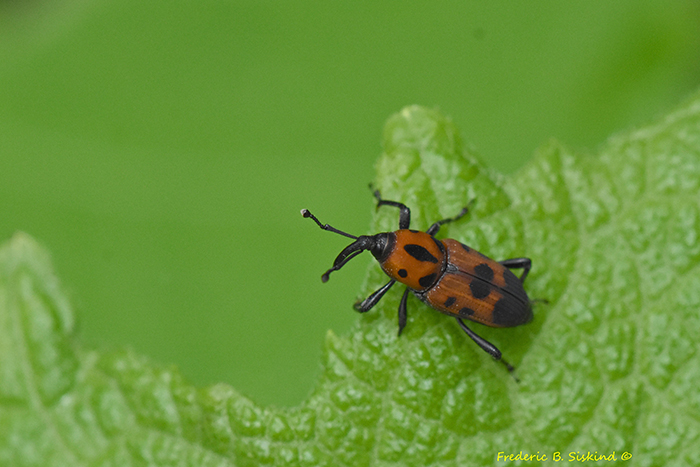 |
| Cocklebur weevil (Rhodobaenus quinquepunctatus) |
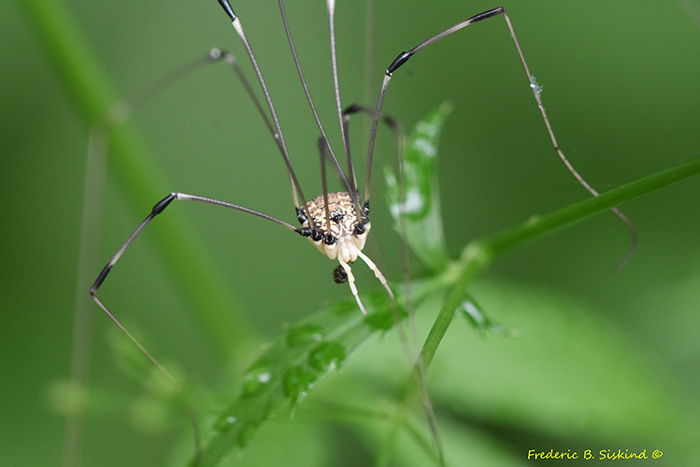 |
| Eastern harvestman (Leiobunum vittatum) |
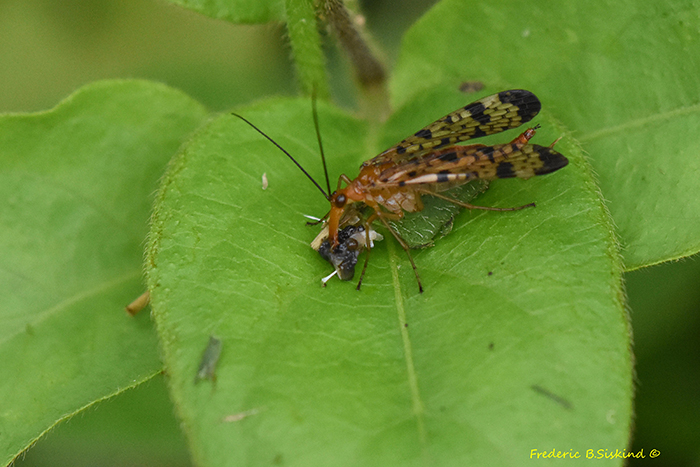 |
| Forked scorpionfly (Panorpa subfurcata) |
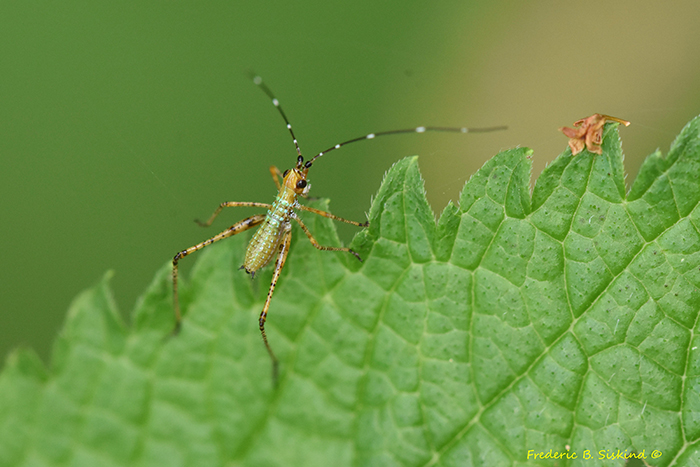 |
| Fork-tailed bush katydid (Scudderia furcata) |
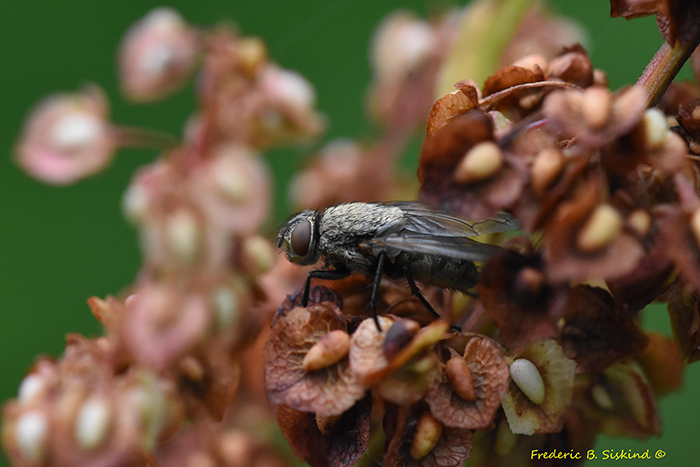 |
| Vagabond cluster fly (Pollenia vagabunda) |
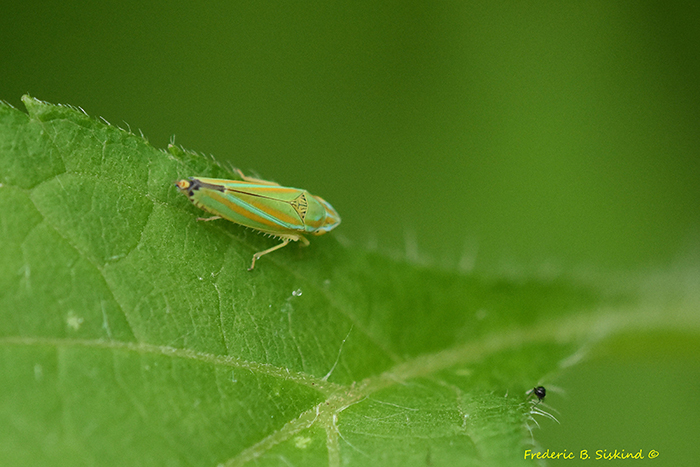 |
| Versute sharpshooter (Graphocephala versuta) |

 Friends of Dyke Marsh, Inc. is a non-profit 501(c)(3) organization.
Friends of Dyke Marsh, Inc. is a non-profit 501(c)(3) organization.